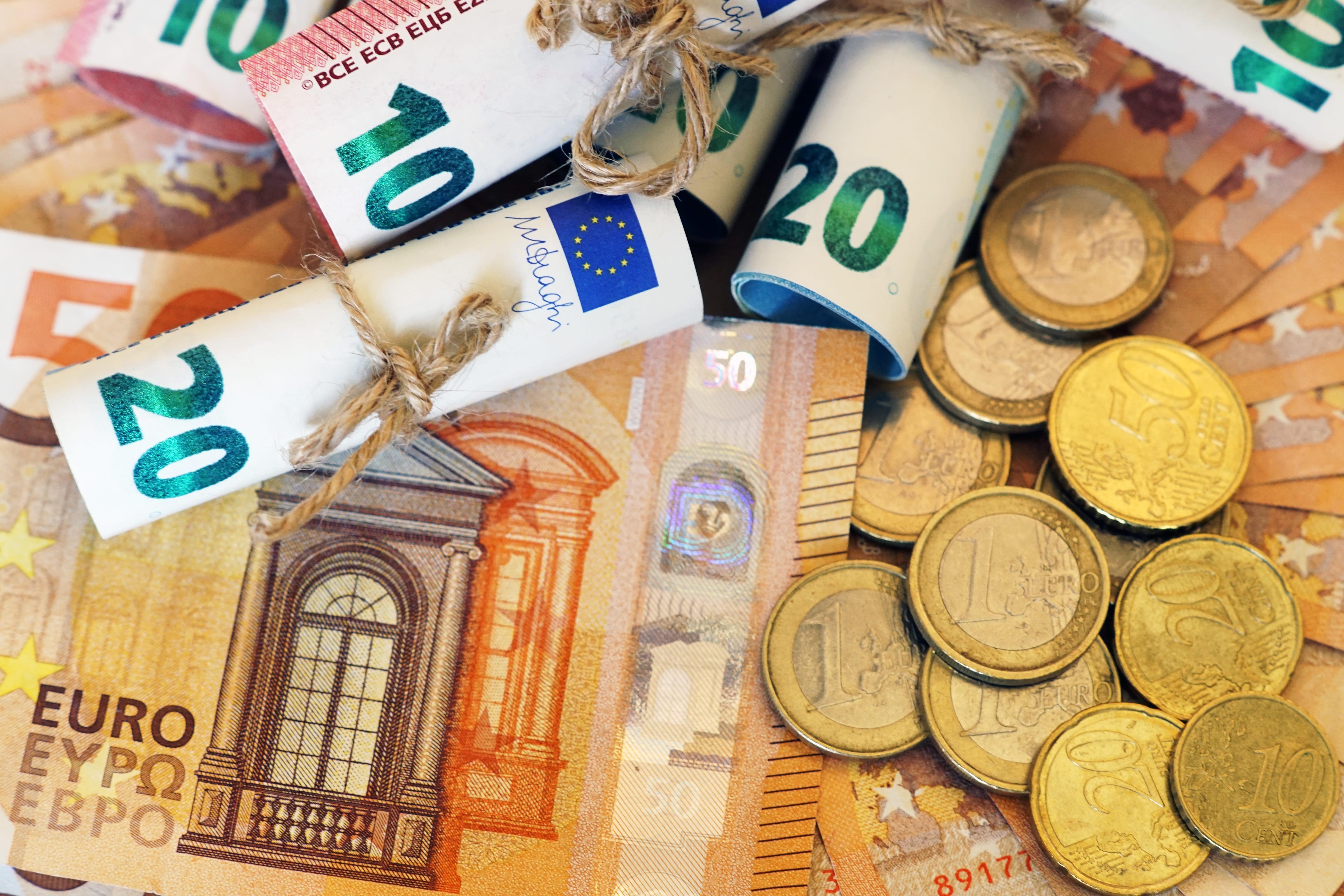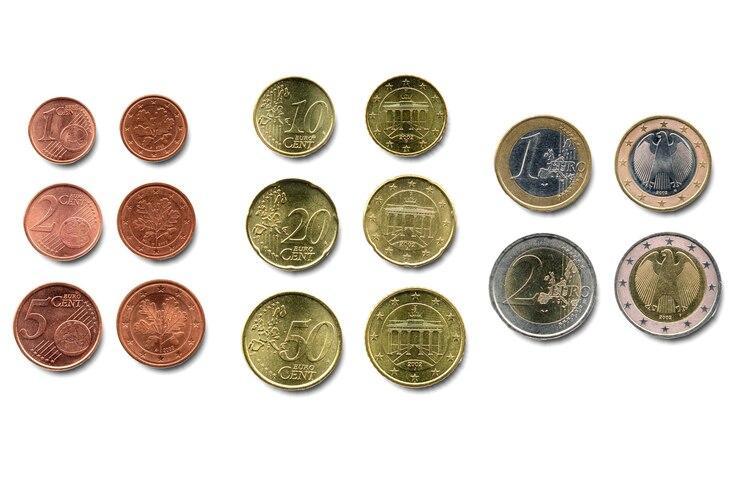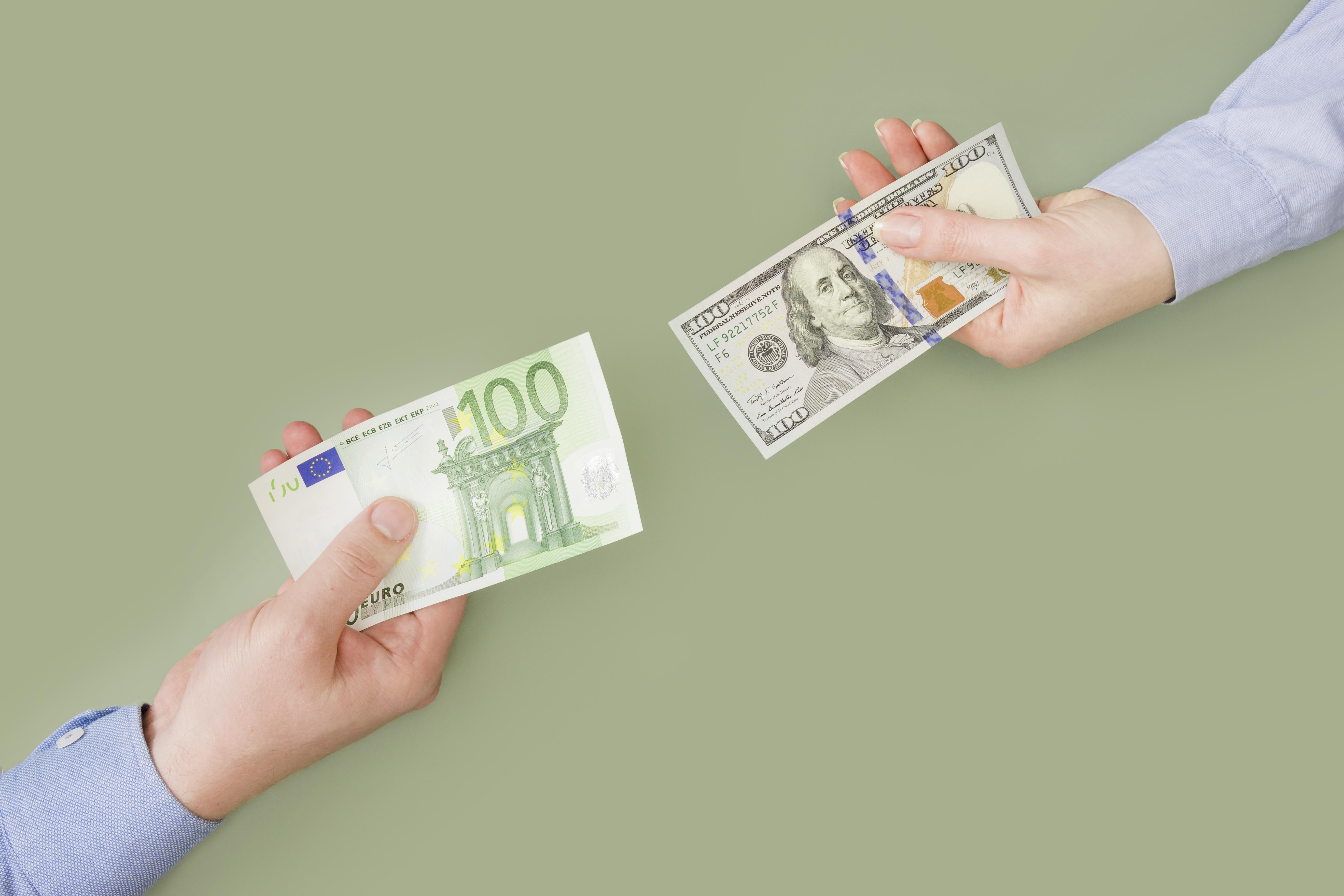So, you’ve booked your trip to the sun-drenched island of Cyprus. Fantastic choice! While you’re dreaming of ancient ruins in Paphos and dazzling blue waters in Ayia Napa, let’s get down to a crucial detail - money. Figuring out the money situation in Cyprus is the first step to a stress-free holiday. You’re likely asking, what currency is it in Cyprus, and how can I get the best bang for my buck?
This isn't just a guide; it's your financial roadmap. We'll dive into everything from which notes to have in your wallet to the smartest ways to handle your money, ensuring you avoid those pesky hidden fees. We will cover the whole island, a situation that catches many travelers by surprise. Let’s make sure your money works as hard as you did to earn it.
A Look Back: What Currency Did Cyprus Use Before the Euro?
For those curious about the island's monetary history, the answer is the Cypriot Pound (CYP). First introduced by the British in 1879, its story mirrors the island's journey. The decision to join the Eurozone was a significant shift towards mainland Europe. The changeover was finalized on January 1, 2008. The final transfer of the nation's financial system was complete. Today, old Cypriot Pound notes are simply collectors' items, a tangible piece of the island's fascinating history. Exchanging them is no longer possible. This historical situation is now a closed chapter.

So, What Currency Does Cyprus Use? The Essential Answer
The first thing to know is that the money you'll need depends entirely on where your adventures will take you. The island is effectively divided into two separate economic zones.
The Republic of Cyprus (The South): It’s All About the Euro
If you're heading to the south of the island, the financial side of things is straightforward. The Republic of Cyprus is in the EU, and the only official money used here is the Euro (€). So, to answer the popular question, "what currency is used in Cyprus Paphos, Limassol, or right here in Larnaca?" — it's Euros, and only Euros.
For our friends visiting from the UK or the US, this means you'll need a smart plan to convert your pounds or dollars. And for our mates from Australia, the same goes for your Australian dollars (AUD). You can't pay with them directly, so your first task upon arrival will be getting some Euros. Based on today's rates, £1 gets you about €1.17, while $1 USD converts to around €0.87. For the AUD, you're looking at roughly €0.56. While these numbers fluctuate, they give you a clear idea: even a small difference in the exchange rate can impact your holiday budget, so it's worth getting the best deal you can.
The North: A Different Story with the Turkish Lira
Now, this is the vital piece of information: the self-proclaimed Turkish Republic of Northern Cyprus (the North) uses the Turkish Lira (TRY) as its official tender. This is a direct result of the island's political division and is a crucial fact for any traveler planning to cross the "Green Line." The question becomes more complex here. While major foreign currencies are often accepted in tourist hotspots — especially the Euro, Pound sterling, and US dollars — it's a convenience that comes at a cost. Vendors set their own exchange rates, which are rarely in your favor, and any change you receive will be in Lira. To get the best value, the only smart move is to pay for everything in Turkish Lira.

Getting to Know the Euro: Banknotes and Denominations
Familiarizing yourself with the Euro’s denominations will make your daily transactions seamless. The system is straightforward, with both banknotes and coins.
The Euro's paper money comes in seven denominations: €5, €10, €20, €50, €100, €200, and €500. Each denomination has a unique color and size, making them easy to tell apart. In reality, daily life in Cyprus revolves around the smaller values; those up to €50 will be your workhorses for everyday payments. A word of advice: smaller shops and taxis may be reluctant to accept anything larger than a €100, especially the rarely-seen €500 bill. It's a wise strategy to break down these high-value bills at a bank or major supermarket, or to request a good mix of denominations when you first get your Euros.
The coin system is also logical, with eight denominations: 1, 2, 5, 10, 20, and 50 cent, as well as €1 and €2 pieces. A fascinating feature of these metal pieces is that they have a common European side and a unique "national" side. The Cypriot national designs feature a mouflon, the Ship of Kyrenia, and an idol from the Chalcolithic period. Regardless of the design, each one is valid across the entire Eurozone. Getting a mix of these can be a fun, free souvenir!

How to Get Your Euros: Exchanging Money the Smart Way
For travelers arriving with currencies like US dollars, Australian dollars (AUD), Pound sterling, Swiss francs, or Japanese yen, the goal is to get the best exchange rate possible.
Here is the golden rule: AVOID exchanging the bulk of your money at the airport. The currency exchanges at Larnaca or Paphos airport are convenient, but they offer notoriously poor rates and can have high hidden charges. This isn't just for US money; the rate for converting AUD to EUR will almost certainly be much worse than in the city.
For the best value when converting your money, head to official banks or licensed currency bureaus in the city centers. Before you commit to any transaction, arm yourself with knowledge. Use a reliable online service or app like XE to see the current mid-market rate. This is the true rate banks use between themselves. Any offer that deviates significantly from this benchmark includes a hidden profit margin for the provider, even if they advertise "0% commission." This applies whether you are turning US dollars, Australian currency, or Japanese yen into Euros. A smart traveler will compare the quotes at a few different spots and choose the one closest to the mid-market rate found on XE. It’s the only way to ensure you’re getting a fair deal on your AUD or dollars. For many tourists from Russia arriving in Cyprus 2025, comparing rates at several licensed bureaus in cities like Limassol is the smartest way to convert their cash savings into Euros. For those looking for a new, smarter way, modern financial services are the answer.
Beyond Cash: A Guide to Card and Mobile Payments in Cyprus
Cyprus has a modern and robust financial infrastructure. You can often leave most of your cash safely in your hotel.
Using Credit and Debit Cards
Visa and Mastercard are widely accepted. However, there is one critical trap to avoid: Dynamic Currency Conversion (DCC). When paying with a card from a non-Euro country (e.g., one from the US or Australia, or Switzerland), the card terminal may ask if you want to pay using your home funds (e.g., AUD) or the local currency (EUR). ALWAYS choose to pay in Euros. If you choose to pay using your home funds, the merchant’s bank performs the conversion at an unfavorable rate, adding a hidden fee to your transaction. It's a poor deal for you every single time. Following this rule means those pesky bank fees won't eat into your holiday funds.
ATMs
ATMs are everywhere. They are a convenient way to get cash, but be mindful of potential charges. When you withdraw, your home bank converts your funds, for example, your Australian dollars (AUD), to Euros at its own set rate. Be aware of the foreign transaction fees your bank charges, which are separate from any local ATM servicecharges. To minimize those fees, it's best to use ATMs attached to major banks. Also, check with your home bank if they have any international partnership agreements.
Mobile Payments
The adoption of mobilepayment technology is rising. Major providers support mobile wallets, meaning you can often use Google Pay or Apple Pay for contactless transactions. This adds a layer of security, as your actual card details are not shared. Contactless mobiletransactions are a fast and secure way to buy goods. The underlying transfer of your data is encrypted, making it safer than swiping a physical card. This new technology is becoming the standard across Europe.
The Pro-Traveler Move: Prepaid Travel Cards & International Transfer Services
For the modern traveler, the most efficient and cost-effective way to manage money is through a multi-currency prepaid card from a fintech service like Wise or Revolut. These services have revolutionized travel finance.
Here’s how they work: you open an account online and order a debit card. You can then load money onto your account in your home currency (like AUD, US dollars, or GBP) via a simple bank transfer or card top-up. Inside the app, you can convert your funds to Euros at the real mid-market exchange rate for a tiny, transparent fee. You can then use the prepaid card in Cyprus to make payments directly from your Euro balance, completely bypassing DCC and the poor rates of traditional exchanges. This approach is almost always cheaper than using a traditional bank card, especially for travelers from Australia with AUD or the US with dollars. You can load your account with AUD before you travel and perform the transfer to EUR when the rate looks good. You can even order your card well in advance. These prepaid cards represent a fantastic new way to handle your travel budget. The digital transfer of funds is instant. This type of load-and-go card offers security and incredible savings on your international spending.

Your 5-Point Checklist for a Perfect Cyprus Trip
Navigating the money situation in Cyprus is simple with a little prep.
- Know Your Zones: Remember, it's Euros (€) in the South. If you venture North, plan to change some money and use Turkish Lira (TRY).
- Dodge the Airport Exchange: The convenience of the airport counter is not worth the terrible rates for your dollars or AUD. Wait until you're in a city.
- Always Pay Local: When the card machine gives you a choice, always select Euros (EUR). This simple step is key to avoiding costly DCC charges.
- Embrace Fintech: The smartest option for most international travelers is a prepaid multi-money card. You can load it with your home funds, such as AUD, and transfer them to a EUR balance. You effectively buy your Euros at a much better rate.
- Carry a Smart Cash Mix: While modern methods are king, you'll need a small amount of Euro cash for tips and small vendors. This ensures you're prepared for anything.
Read also:
Things to do in the Troodos Mountains of Cyprus
Best summer festivals in Cyprus

